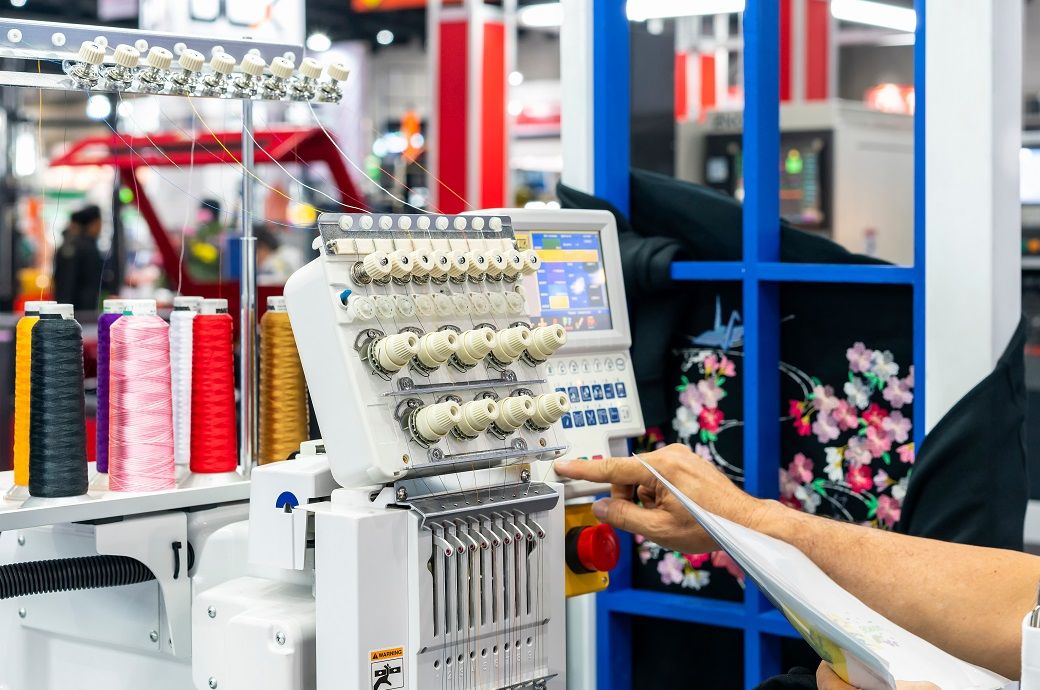
The seasonally adjusted S&P Global Eurozone PMI Composite Output Index has now registered below the neutral 50.0 level, indicating falling business activity levels, for four consecutive months. The rate of decline has accelerated over this period to reach the fastest since November 2020, according to a press release by financial information services company S&P.
The Eurozone economy slipped into a steeper downturn at the start of the fourth quarter, the rate of decline hitting the fastest since April 2013 barring pandemic lockdowns. Manufacturing and energy intensive sectors in particular reported the steepest output loss.
Germany reported the steepest economic contraction while growth in France merely stalled. Although supply shortages showed further signs of easing, inflationary pressures remained elevated amid high energy costs and upward wage pressures. Business confidence in the year ahead meanwhile remained mired at one of the lowest levels seen over the past two years, though steadied compared to September.
Manufacturing led the downturn, with factory output declining for a fifth month running and slumping at a rate not seen prior to the pandemic since July 2012. Some of the steepest downturns were seen in the chemical and plastics and basic resource sectors, often reflecting high energy dependencies. Within the euro area, the steepest decline continued to be recorded in Germany, where the composite PMI sank to 44.1, its lowest since May 2020 and, excluding the pandemic, its weakest since June 2009.
Germany’s manufacturing and service sectors both reported steep and accelerated rates of contraction. Output meanwhile stalled in France, the composite PMI registering 50.0 from 51.2 in September, representing the first month in which output has failed to grow since March 2021.
The drop in new orders meant companies continued to rely on existing backlogs of work to help maintain business activity levels, causing backlogs of orders to fall for a fourth month in a row, led by a particularly sharp decline in manufacturing. The backlogs decline was most marked in Germany, whereas France reported rising outstanding business. While employment growth ticked up slightly in October, the latest gain was the third-lowest seen over the past year-and-a-half, reflecting job cutting at some firms amid signs of surplus capacity relative to sales and a broader reticence to hire amid uncertainty regarding the outlook.
Business expectations for the year ahead remained subdued, running at the second-lowest since the early pandemic lockdowns. Confidence was especially low in manufacturing, and particularly in Germany, reflecting concerns over energy as well as the rising cost of living and global growth slowdowns, added the release.
Although factory output was again subdued in many cases by component shortages and concerns over energy, October saw the overall incidence of supply chain delays ease to the lowest for just over two years. Companies reported fewer component shortages and improved shipping, albeit often linked to suppliers being less busy due to weaker demand. Input buying by manufacturers fell at one of the steepest rates seen since the global financial crisis, reflecting lower production requirements and increasingly broad-based deliberate inventory reduction policies amid weaker than expected sales.
“The eurozone economy looks set to contract in the fourth quarter given the steepening loss of output and deteriorating demand picture seen in October, adding to speculation that a recession is looking increasingly inevitable,” commented Chris Williamson, chief business economist at S&P global market intelligence, on the flash PMI data. “While October’s headline flash PMI is consistent with GDP falling at a modest rate of around 0.2 per cent, demand is falling sharply and companies are increasingly growing worried over high inventories and weaker than expected sales, especially as winter approaches. The risks are therefore tilted towards the downturn accelerating towards the year-end.”
Fibre2Fashion News Desk (NB)